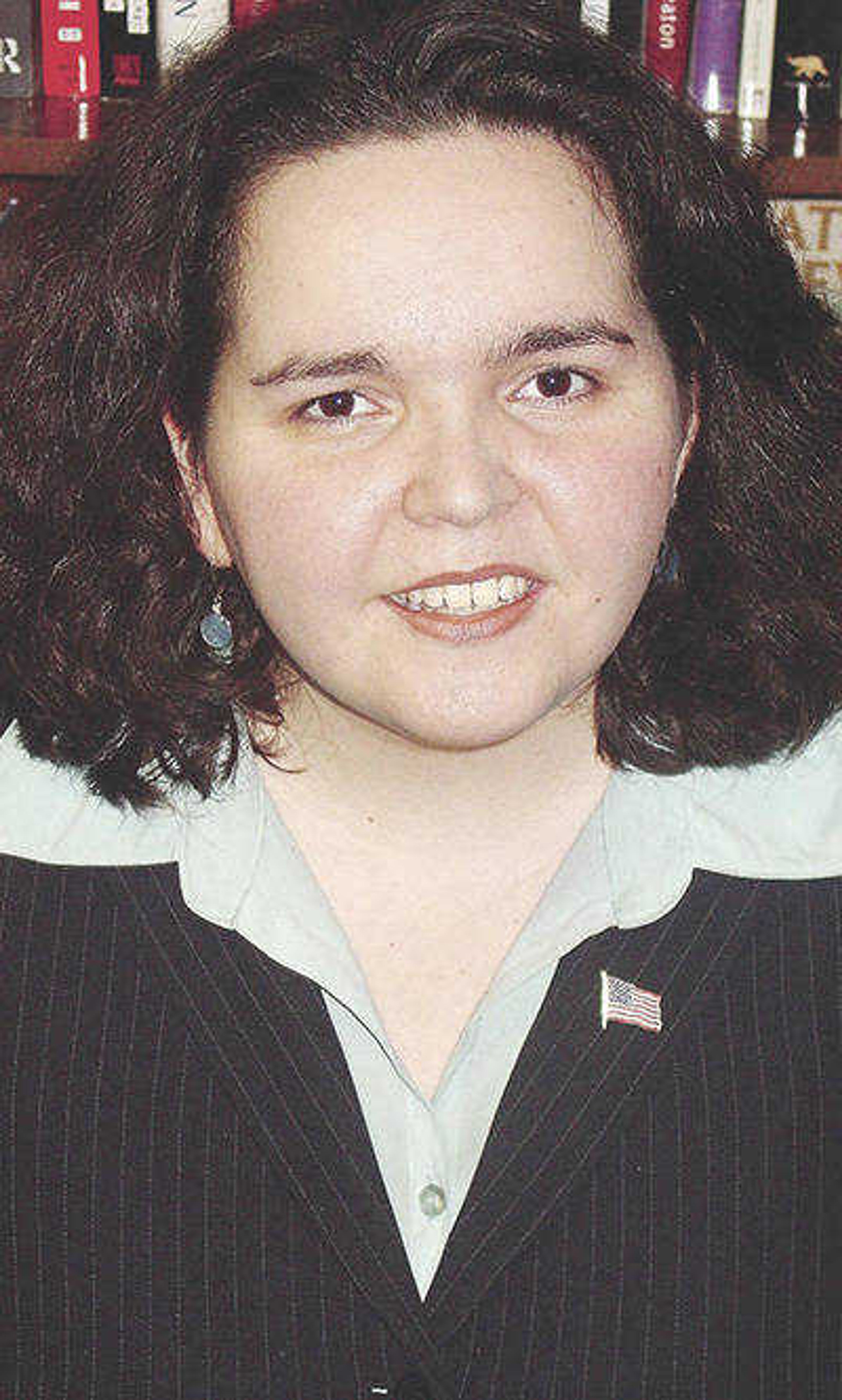Lopez: Foreign policy needs to support Christians
Vice President JD Vance emphasizes the need for U.S. foreign policy to support religious freedom, criticizing past international aid efforts and highlighting the plight of persecuted Christians.
WASHINGTON – "You shouldn't have to leave your faith at the door of your people's government, and under President Trump's leadership, you won't have to." That was the money quote as Vice President JD Vance spoke to the fifth annual International Religious Freedom Summit.
Freedom advocates gathered to ask Congress and the Donald Trump administration to remember those persecuted for their faith. Leaders, including the indefatigable Rep. Chris Smith from New Jersey, met in the auditorium of the Capitol Visitor Center just hours after news broke overnight that the United States Agency for International Development (USAID) is no more — at least as we know it.
Billionaire Elon Musk is directing a White House wrecking ball at foreign-aid waste, fraud and abuse via the Trump administration's Department of Government Efficiency. "USAID is a criminal organization. Time for it to die," Musk posted on his social media platform, X.
"In recent years, too often, our nation's international engagement on religious-liberty issues has been corrupted and distorted to the point of absurdity" Vance declared. "Think about it: How did America get to the point where we're sending hundreds of thousands of taxpayer dollars abroad to NGOs that are dedicated to spreading atheism all over the globe? That is not what leadership on protecting the rights of the faithful looks like, and it ends with this administration."
Vance, at the summit, said the appropriate things about religious liberty, calling it "the bedrock of civil society in the United States of America and across the world."
"We know in America, faith nurtures our communities," Vance continued. "At home and abroad, it fosters a love for one's neighbors, it inspires generosity and service. It calls us to treat one another with dignity, to lift up those in need, and to build nations grounded in moral principle."
The warm welcome Vance received at the summit suggested some respect — even support — for what the White House was trying to do.
"Part of our protecting religious-freedom initiatives means recognizing, in our foreign policy, the difference between regimes that respect religious freedom and those that do not," Vance said. "The United States must be able to make that distinction. We must be able to look at the catastrophes like the plight of Iraq's Christians over the past three decades and possess the moral clarity to act when something has gone wrong."
A new animated film, "The 21", was shown the day before in the same D.C. ballroom. "[I]nfluenced by neo-Coptic iconography," according to the 13-minute short's website, www.the21film.com, it is a tribute to the 21 Coptic Christians (save for one Muslim who was murdered with his brothers in solidarity) beheaded by ISIS in 2015. A relative of three of the laborers murdered that day spoke at the screening. Abanoub, himself a Coptic Christian, was understandably emotional talking about his family's and people's loss. Copts endure, he explained, "simply because the cross we carry is stronger than the swords raised against us. Today, I ask you to remember the 21, not as victims, but as martyrs. Not as names on a list, but as witnesses of faith and warriors for religious freedom."
The IRF Summit consisted of what Beltway events tend to consist of: words and networking. But it could also be a reckoning. Does making America great again mean both being good stewards and loving one's neighbor? Vance seems to get it must. May voices like Abanoub's keep the United States from forgetting the martyrs — and those who today stand ready for the same earthly death — if it means standing up for the priority of love of our creator.
Kathryn Jean Lopez is senior fellow at the National Review Institute, editor-at-large of National Review magazine.
Connect with the Southeast Missourian Newsroom:
For corrections to this story or other insights for the editor, click here. To submit a letter to the editor, click here. To learn about the Southeast Missourian’s AI Policy, click here.











